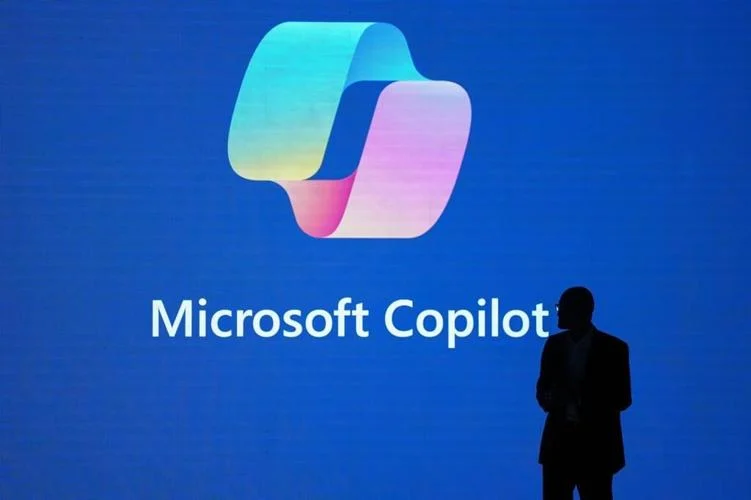
Microsoft CEO Satya Nadella at the company’s AI assistance conference at Headquarters, May 20, 2024. (AP Photo/ Lindsey Wasson)
Microsoft is encouraging laptop users to get acquainted with its AI chatbot, designed to remember all your computer activities and help predict your next moves.
On Monday, the tech giant introduced a new generation of AI-integrated personal computers, aiming to compete with other major tech companies by offering AI features that can create documents, generate images, and act as a personal assistant.
These announcements, made ahead of Microsoft's annual Build developer conference, focus on incorporating its AI assistant, Copilot, into the Windows operating system. This move targets the vast audience of PC users who already rely on Microsoft products.
A standout feature is Windows Recall, which endows the AI assistant with a detailed memory of a user’s digital activities. Microsoft assures that users can control their privacy by filtering what gets tracked, with all data stored locally on the device.
CEO Satya Nadella highlighted this as a step toward machines that can instantly understand and anticipate our needs. “We’re entering this new era where computers not only understand us but can actually anticipate what we want and our intent,” Nadella said at an event at Microsoft's headquarters in Redmond, Washington.
The Seattle conference follows major AI announcements from rivals like Google and Microsoft’s partner OpenAI. Google has updated its search engine to feature AI-generated summaries and showcased a developing AI assistant named Astra, which can analyze and discuss images captured by a smartphone.
OpenAI, known for ChatGPT, revealed a new version of its chatbot last week. This version can act as a conversational AI assistant with human-like qualities, such as commenting on someone’s outfit and gauging emotions. However, due to the voice resembling Scarlett Johansson's character from the movie “Her,” OpenAI removed this particular voice from its lineup. Additionally, OpenAI launched a new desktop version of ChatGPT for Apple Mac computers.
Looking ahead, Apple's annual developers conference in June is anticipated to reveal significant advancements in generative AI, as hinted by CEO Tim Cook at a shareholder meeting earlier this year.
Some of Microsoft's latest announcements appear aimed at countering potential Apple releases. The AI-enhanced Windows PCs will be available from June 18 through partners like Acer, ASUS, Dell, HP, Lenovo, Samsung, and Microsoft’s Surface line. These will be high-end models starting at $999.
While Copilot is based on OpenAI’s large language models, Microsoft also plans to use its own "small language models" for these new AI PCs. These are designed to be more efficient and suitable for running on personal devices.
Many of these AI-powered computers will use Qualcomm chips, targeting corporate environments needing hardware upgrades, according to Gartner analyst Jason Wong. This local processing capability will allow AI applications like graphics creation and language translation to run without relying on cloud servers, enhancing performance and usability even without an internet connection.















